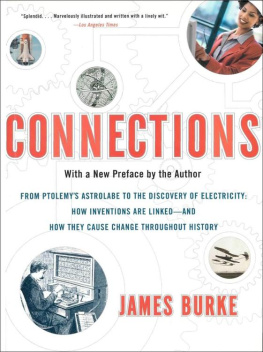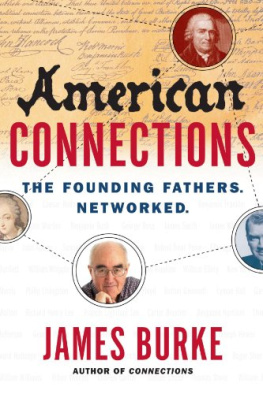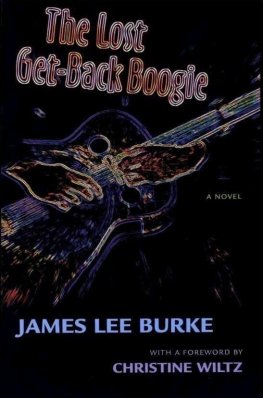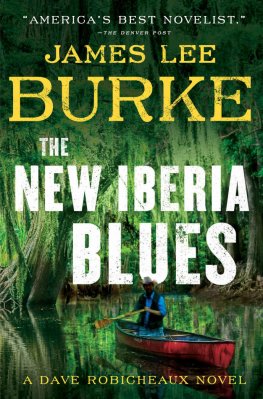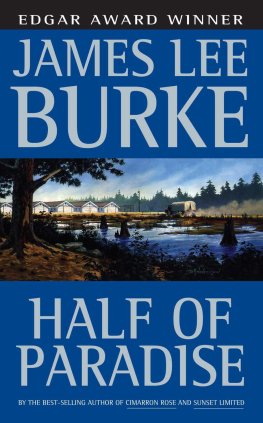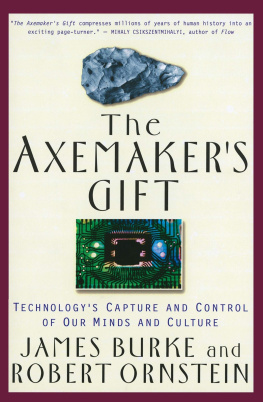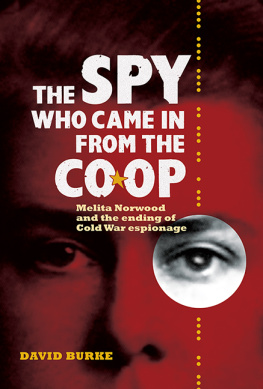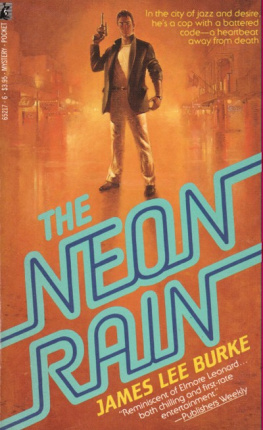James Burke surely has
one of the most intriguing minds
in the western world.
The Washington Post
How did the popularity of underwear in the twelfth century lead to the invention of the printing press?
How did the waterwheel evolve into the computer?
How did the arrival of the cannon lead eventually to the development of movies?
In this highly acclaimed and bestselling book, James Burke brilliantly examines the ideas, inventions, and coincidences that have culminated in the major technological advances of today. With dazzling insight, he untangles the pattern of interconnecting events: the accidents of time, circumstance, and place that gave rise to the major inventions of the world.
Says Burke, My purpose is to acquaint the reader with some of the forces that have caused change in the past, looking in particular at eight innovationsthe computer, the production line, telecommunications, the airplane, the atomic bomb, plastics, the guided rocket, and televisionwhich may be most influential in structuring our own futures.... Each one of these is part of a family of similar devices, and is the result of a sequence of closely connected events extending from the ancient world until the present day. Each has enormous potential for humankinds benefitor destruction.
Based on a popular TV documentary series, Connections is a fascinating scientific detective story of the inventions that changed historyand the surprising links that connect them.
Lively and important. Library Journal

JAMES BURKE is the author of several bestselling books, including Circles, American Connections, and The Knowledge Web. He is a monthly columnist at Scientific American and also serves as director, writer, and host of the television series Connections 3 on The Learning Channel. He is the founder of the James Burke Institute for Innovation in Education, whose flagship project, the Knowledge Web, an interactive website, was recently launched. He lives in London.
Visit the author at http://www.k-web.org/
 | Cover design by Kai Chu
Cover art: Biplane in Flight National Aviation Museum/CORBIS;
Man at an Electrical Tabulation Machine Bettmann/CORBIS;
Ptolemaic Universe , 1559 courtesy of The Granger Collection, New York;
Space Shuttle Alan Freed/Shutterstock;
Woman by George Doyle/Gettyimages
Author photograph courtesy of the author |
Register online at www.simonsays.com for more
information on this and other great books.

Also by James Burke
American Connections: The Founding Fathers. Networked.
Twin Tracks: The Unexpected Origins of the Modern World
Circles: Fifty Round Trips Through History, Technology, Science, Culture
The Knowledge Web: From Electronic Agents to Stonehenge and Backand Other Journeys Through Knowledge
The Pinball Effect: How Renaissance Water Gardens Made the Carburetor Possibleand Other Journeys Through Knowledge
The Day the Universe Changed: How Galileos Telescope Changed the Truthand Other Events in History That Dramatically Altered Our Understanding of the World

To Madeline

SIMON & SCHUSTER PAPERBACKS
Rockefeller Center
1230 Avenue of the Americas
New York, NY 10020
www.SimonandSchuster.com
Copyright 1978, 1995 by James Burke
Preface copyright 2007 by London Writers
All rights reserved,
including the right of reproduction
in whole or in part in any form.
First Simon & Schuster paperback edition 2007
SIMON & SCHUSTER PAPERBACKS and colophon are registered trademarks of Simon & Schuster, Inc.
Design by Robert Updegraff
Picture research by Juliet Brightmore
Artwork research by Dr. Jack Silver
Artwork by Nigel Osborne, Jim Marks, Berry/Fallon Design, David Penny, Angus McBride
10 9 8 7 6 5 4 3 2 1
The Library of Congress has cataloged the Back Bay Books edition as follows:
Burke, James.
Connections / James Burke.Rev. ed.
p. cm.
Includes Index
1. InventionsHistory. 2. TechnologyHistory. I. Title.
T15.B76 1995
609dc20 95-12751
ISBN-13: 978-0-7432-9955-8
ISBN-10: 0-7432-9955-8
ISBN-13: 978-1-4516-8506-0 (ebook)
Thank you for purchasing this Simon & Schuster eBook.
Sign up for our newsletter and receive special offers, access to bonus content, and info on the latest new releases and other great eBooks from Simon & Schuster.

or visit us online to sign up at
eBookNews.SimonandSchuster.com
Contents
Authors Acknowledgements
There are so many people without whose invaluable assistance this book could not have been writtenin particular members of university facultiesthat it is impossible for me to express my gratitude to each one individually. I hope they will forgive me if I mention only two of their colleagues whose guidance was particularly generous. Professor Lynn White, Jr. of UCLA brought his immense knowledge and wisdom to bear on keeping me on the right track, and Dr. Alex Keller of Leicester University was at hand more times than I can remember in moments of panic.
I should also like to thank John Lynch for his meticulous and rewarding assistance in research, Mick Jackson and David Kennard for their frequent and sympathetic aid in giving the structure what imaginative expression it has, and the rest of the BBC production team who worked so hard to make possible the television series with which this book is associated: John Dollar, Hilary Henson, Robyn Mendelsohn, Shelagh Sinclair, Diana Stacey, and in particular my assistant, Maralyn Lister.
I should like to compliment Michael Alcock of Macmillan on his unusual ability to make writing a book virtually painless, and to thank Angela Dyer for making order out of shambles, and Robert Updegraff and Juliet Brightmore for investing the text with the kind of illustration worthy of a better work.
Last, but far from least, I thank my long-suffering wife, who has put up with many difficulties during the two years of preparation.
JAMES BURKE
London, 1978
Preface
In the introduction to the update of this book twelve years ago, I wrote about the radical changes that lay ahead, caused by developments in communications and information technology, and of the urgent need to understand the process of scientific and technological change, the better to manage its increasingly unexpected ripple effects.
Since then we have already seen the first indications of how radical these changes are likely to be. With the end of the Cold War and the fragmentation of the global political community, together with the unexpectedly fast taking up of broadband and cell phones and the equally unexpected massive increase in computer storage and processing capacity, change has come even faster and is more widespread than was predicted. And at almost every level the initial effect seems to have been destabilizing.
Special-interest groups can now organize and make themselves heard instantaneously, everywhere. Bomb-making instructions are available online. The Internet makes it easier to organize and carry out acts of terror. Since 9/11 most industrial nations have enacted security legislation that only a decade ago would have been regarded as draconian. The emerging economies of China, India, Brazil, and others are growing much faster than expected, and the associated problem of outsourcing to these countries is putting jobs and industries in the developed nations at risk.
Next page
